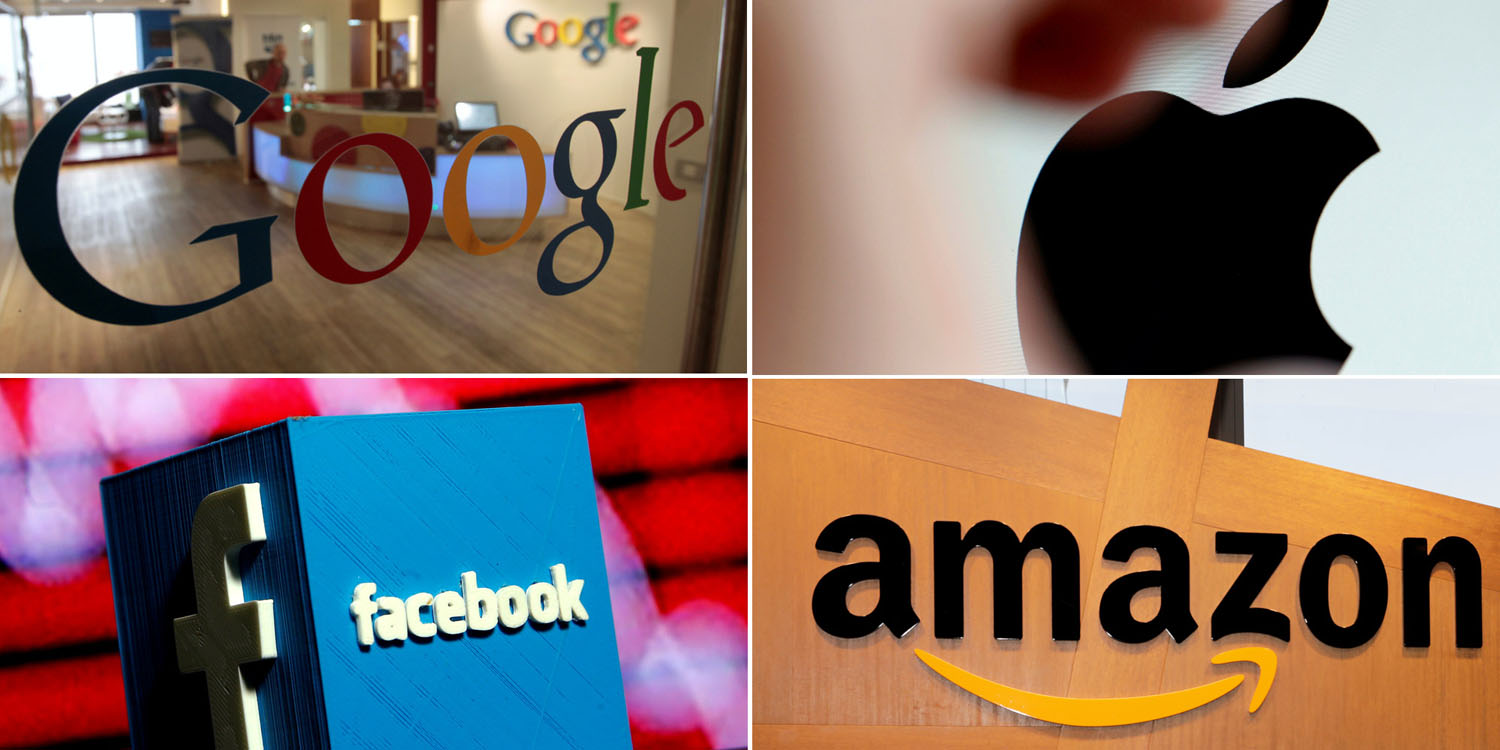A professor recently gave a talk about toxic masculinity. He described it has not showing emotion, engaging in risky behavior, and a desire for physical strength, suggesting this leads to substance abuse, aggression, abusing women, depression, and other health problems.
My question is: is this type masculinity toxic, or is our society toxic to this type of masculinity?
While I often agree with the phrase "prepare the child for the road, not the road for the child," there is one area I dissent. Our school system has moved into a structure that is more conducive to girls than boys. As a result, this hinders social and physical development at best and at worst leads to males being overrepresented in the school dropout, homelessness, and prison populations.
Maybe if these men liked school, they wouldn't end up homeless, in jail, or out of work. Maybe they wouldn't use drugs and assault women. Maybe they would feel like valued members of society and wouldn't give in to these toxic behaviors.
A Little Risk Goes a Long Way
We are hardwired for risk taking. Risky, rough-and-tumble play is actually a good an necessary thing for development. But we have eliminated it from our children's lives, which negatively impacts boys more than girls. Maybe that is why risky behavior turns more hardcore later in life; young boys weren't given the opportunity to navigate it.
Maybe instead of telling young men to stop being who they are, we should give them more freedom to develop social skills as youth so they don't feel alienated by society and turn toward toxic behavior.
Toxic just means Testosterone
The professor who gave the talk seemed to believe that young men choose these toxic behaviors because they think it is what society expects of them. I disagree. Research shows a correlation between high levels of testosterone and risk taking.
Sebastian Junger writes:
"Male violence is a problem across all societies, communities, and races, and the primary driver is testosterone, which declines steadily throughout a man’s adult lifetime. As testosterone levels go down, so do rates of violence and accidental death — which would not be the case if socialization alone were to blame."I think we are wired that way and the "toxic" aggression and violence are a result of not having appropriate outlets for them.
I also disagree that stoicism and physical strength are, prima facie, toxic behaviors. In a great article about different cultures' rites of passage to manhood, the author asks the question of why young men go through these difficult tasks.
The disquieting answer, of course, is to prepare for war...Boys are “tempered” and “toughened” so they may fulfill the classic duties to procreate, provide, and protect that men have performed for millennia. Whether it’s marshaled to ward off the aggression of other males or to capitalize on weakness, violence is the leitmotif of manhood in countless cultures.We've moved past a society that needs all young men to be prepared for war, but we haven't solved the biological hardwiring that remains. My belief is that is will be easier, but not easy, to adapt our society to this need with some type of rite of passage for young men then it will be to convince young men to socially neuter themselves.
"In the fall of 1999, the journalist Susan Faludi published Stiffed: The Betrayal of the American Man, in which she interviewed everyone from gang members to shipyard employees to even Sylvester Stallone to suss out the root causes of America’s “crisis of masculinity.” One possible cause: a postwar emphasis on consumerism and vanity. The modern man, Faludi wrote, has been sold the idea that masculinity is “something to drape over the body, not draw from inner resources; that it is personal, not societal; that manhood is displayed, not demonstrated.”
Victim Blaming
Wait a minute, are you saying rapists should be absolved because it's society's fault for turning them into monsters?
Well, no. I still believe in personal agency and accountability. Put those monsters behind bars. But I think that if we make tweaks to our institutions and social norms we can, in the aggregate, have a positive impact on these toxic behaviors. Society might be more, dare I say, equitable?






